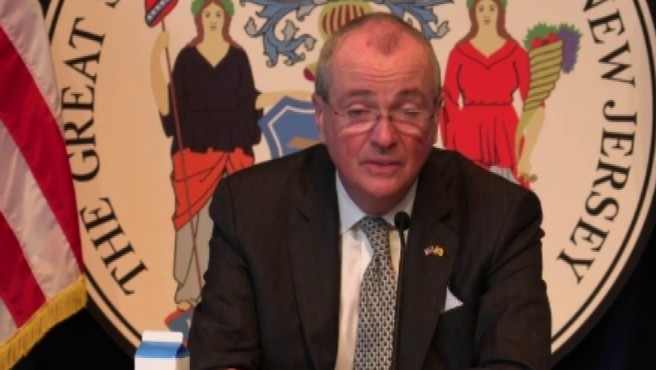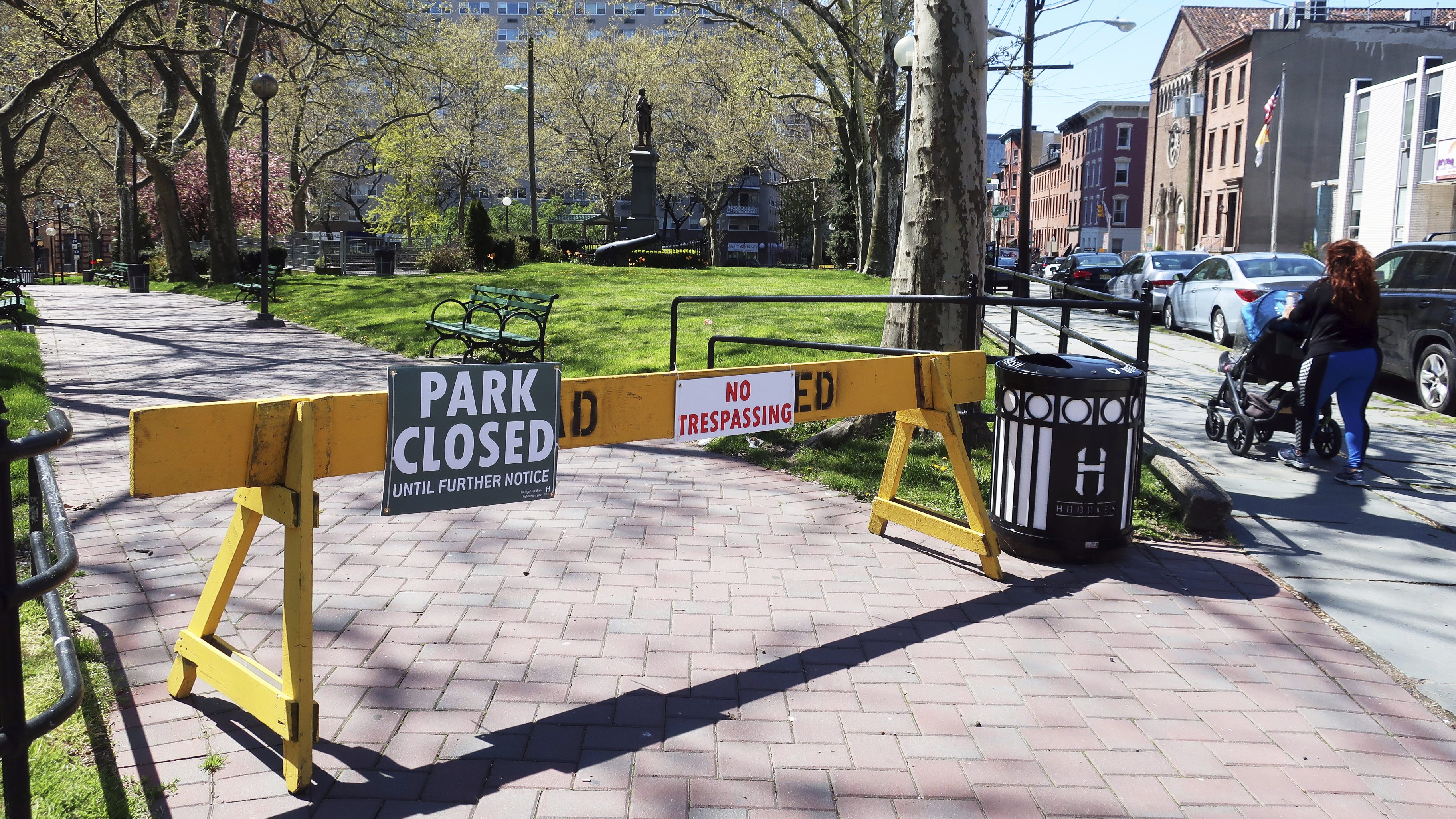What to Know
- Gov. Phil Murphy says New Jersey will be more than doubling the number of public health professionals currently tracing COVID-19 cases.
- Murphy said Tuesday during a news conference that New Jersey will hire at least 1,000 people, creating a Community Contact Tracing Corps and supplementing the roughly 800 to 900 mostly county health officials who are currently tracing contacts among coronavirus-positive residents.
- Murphy is also aggressively calling for all residents and staff at the state 500-plus long-term care facilities to be tested for COVID-19 by May 26.
New Jersey Gov. Phil Murphy is pushing for tens of thousands of daily COVID-19 tests by month's end. He is also laying out his contact tracing plan that calls on around 1,000 paid positions.
Murphy said at his Tuesday news briefing that New Jersey should be capable of testing 20,000 people a day by the end of May and 25,000 daily by the end of June.
The state's more than 500 long-term care facilities must also test all their residents and staff for the virus by May 26 under a new health department order, Murphy said. There must also be a follow-up test a week later, and facilities must update their outbreak prevention plans by May 19, he added. Nearly 5,000 COVID-19 deaths have been reported in long-term care facilities.
Get top local stories in Philly delivered to you every morning. Sign up for NBC Philadelphia's News Headlines newsletter.
The state added about 900 new positive cases since Monday, bringing the total to about 141,000. It's the first time since March 25 that the number of new cases has been below 1,000, Murphy pointed out. There were 198 deaths reported since Monday, bringing the death toll from COVID-19 complications to 9,508.
Murphy is directing about $6 million in federal funding to Rutgers University so it can ramp up its COVID-19 test production within weeks.
The hard-hit state must double its testing capacity and install a robust contact-tracing program before it can begin reopening from a nearly two-month-old stay-at-home order, the first-term Democrat has said.
Murphy is trying to centralize contact tracing by calling on the public.
"We’re going to need to build our Community Contact Tracing Corps – an entire community of contact tracers to help those already on the ground," Murphy said.
New Jersey will hire at least 1,000 people who will supplement the roughly 800 to 900 mostly county health officials who are currently tracing contacts among coronavirus-positive residents.
Murphy asked people interested in becoming tracers to sign up online. Paid (up to $25 per hour) and volunteer positions are available, Murphy and state officials said.
Contact tracing involves speaking with infected individuals to find out who they may have come in contact with and warning those people of potential exposure in a rapid and sensitive manner, according to the Centers for Disease Control and Prevention.
"Until there’s a proven vaccine, our best chance at catching and containing COVID-19 is through testing and contact tracing," Murphy said.
Murphy's testing and tracing plan comes at a price and will require state, federal, philanthropic and cooperate resources.
"Maintaining both a steady supply of testing materials and a community of contact tracers will take hundreds of millions of dollars. We all must understand that."
Hospitalizations, Cases Dropping but Per Capita State Is Hardest Hit
Positive trends are beginning to emerge in the data the state health department collects, including falling hospitalization rates, according to Murphy.
Murphy shared data Tuesday that showed decreases in many metrics.
Murphy is not ready to do a victory lap as thousands remained hospitalized and deaths continue to mount daily. Murphy noted that per 100,000 people, New Jersey leads the nations in hospitalizations, deaths and cases.
"We can make a strong case that no state is currently as impacted as ours," Murphy said. "There are still thousands in our hospitals. More will die. We know this. We cannot forget this."
Murphy unveiled a six-part "The Road Back" plan aimed at reopening last month. The steps start with sustaining downward trends, followed by increased testing and contact tracing. He also said he wants to be sure people have safe places to isolate themselves if needed, followed by “responsibly” restarting the economy and making sure the state can handle a potential resurgence.
On Tuesday, Murphy said: "Getting on the Road Back begins by reaching benchmarks and data milestones."
About COVID-19
For most people, the virus causes mild or moderate symptoms that clear up within weeks. Older adults and people with existing health problems are at higher risk of more severe illness or death.



